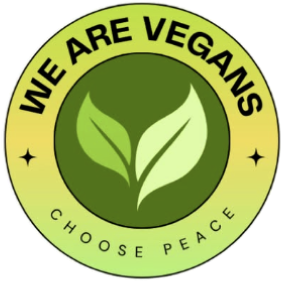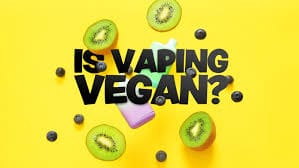The Truth About Veganism vs. Eating Meat

When it comes to what we put on our plates, the debate between veganism and eating meat has sparked passionate discussions for years. With each side offering compelling arguments, it can be difficult to know which diet is truly better. Is veganism the healthiest and most sustainable option, or does eating meat play a critical role in a balanced, nutritious diet? Let’s dive into the truth behind both sides of the argument.
1. Health Benefits: Which Diet is Healthier?
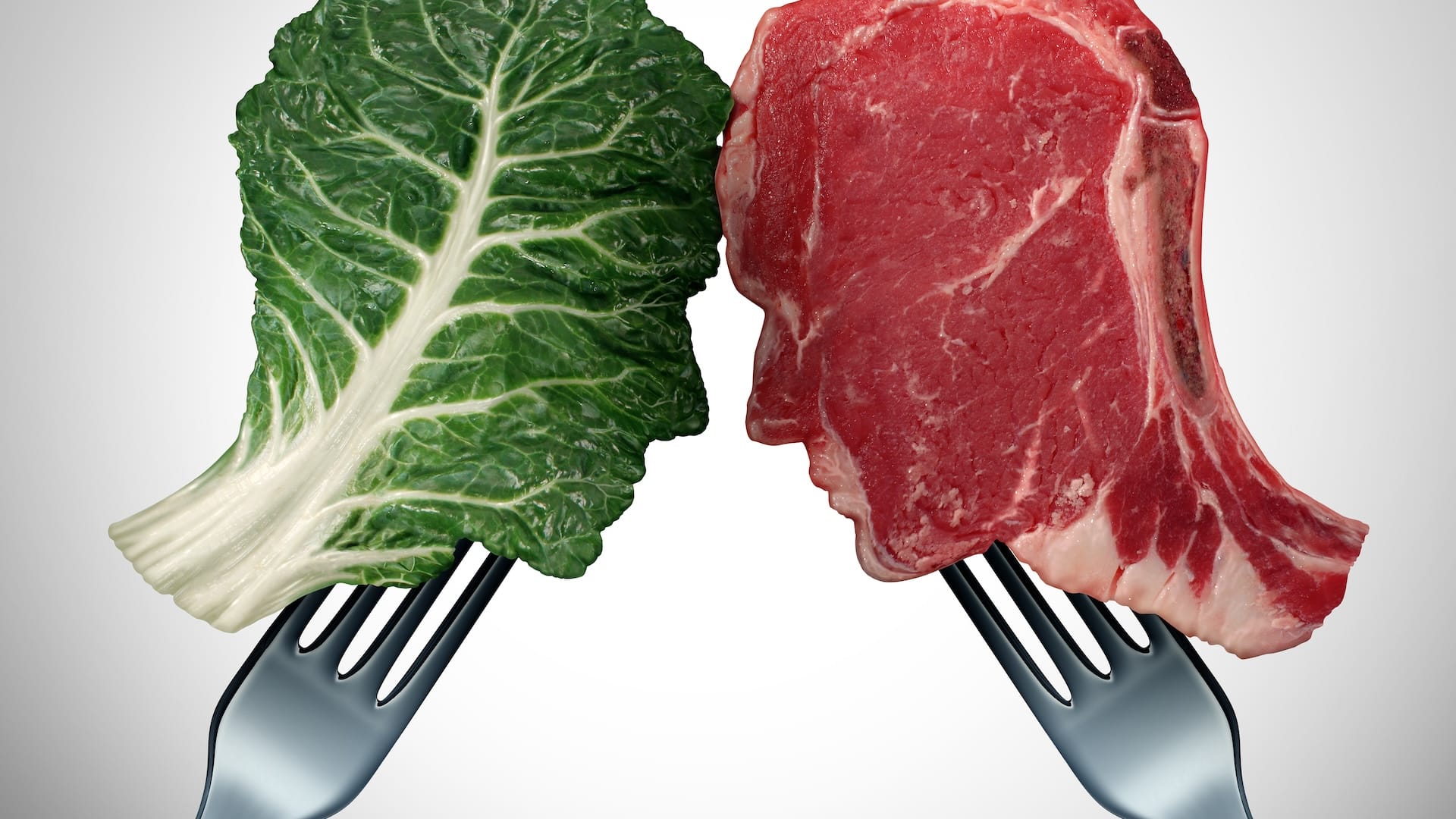
Veganism: A Nutrient-Dense, Heart-Healthy Option
Veganism, when done right, is a highly nutritious diet. It’s packed with vitamins, minerals, and antioxidants that help fight inflammation and reduce the risk of chronic diseases. A plant-based diet is typically high in fiber, which supports digestive health and helps regulate cholesterol levels. Studies have shown that vegans generally have a lower risk of heart disease, high blood pressure, type 2 diabetes, and certain types of cancer.
Meat-Eating: A Source of Essential Nutrients
On the other hand, eating meat can provide important nutrients, especially proteins, iron, zinc, and vitamin B12, that are sometimes harder to obtain in a vegan diet. Red meat, in particular, is an excellent source of heme iron, which is more easily absorbed by the body compared to plant-based iron. Meat also provides all essential amino acids, making it a complete protein source. However, the downside is that excessive consumption of red and processed meats has been linked to health risks, such as higher rates of heart disease, stroke, and certain cancers.
2. Environmental Impact: Veganism’s Green Edge
Veganism: A Sustainable and Eco-Friendly Choice
From an environmental standpoint, veganism has a clear advantage. The production of plant-based foods generally requires fewer resources—such as water, land, and energy—and results in lower greenhouse gas emissions compared to livestock farming. According to studies, animal agriculture contributes significantly to deforestation, climate change, and water pollution. By adopting a vegan diet, individuals can reduce their carbon footprint and support sustainable food systems.
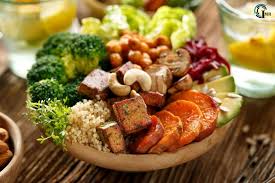
Meat-Eating: High Environmental Costs
In contrast, meat production is incredibly resource-intensive. The farming of animals for meat requires large amounts of feed, water, and land. The methane emissions from livestock are particularly harmful to the environment, as methane is a potent greenhouse gas. Cattle farming, in particular, is a leading cause of deforestation, especially in places like the Amazon. The environmental costs of meat consumption cannot be ignored, making a strong case for reducing meat intake in favor of plant-based alternatives.
3. Animal Welfare: Ethical Considerations
Veganism: Compassion for Animals
For many, veganism isn’t just about personal health—it’s an ethical choice. Veganism is rooted in the belief that animals have a right to live free from suffering, and the meat industry often relies on factory farming practices that involve extreme confinement, cruelty, and inhumane treatment of animals. By choosing a plant-based diet, vegans avoid supporting these practices and take a stand against animal exploitation.
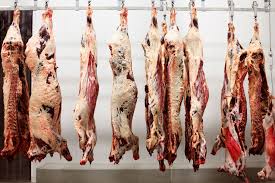
Meat-Eating: The Reality of Factory Farms
However, supporters of eating meat often argue that responsible and humane farming practices do exist. Ethical omnivores seek out sustainably raised, grass-fed, or pasture-raised meats, believing that these animals were treated more humanely than those raised in factory farms. While this is a better alternative, it’s still important to acknowledge the realities of large-scale animal agriculture and the suffering involved in many farming practices, even those that claim to be ethical.
4. Cultural and Societal Influences
Veganism: A Growing Trend
Veganism is growing in popularity, especially as awareness of health, environmental, and ethical concerns rises. Many celebrities, athletes, and health experts are promoting plant-based diets, and more food options are becoming available. Veganism is no longer seen as an extreme or niche choice; it’s becoming mainstream, with more restaurants offering plant-based options and even vegan fast food chains emerging.

Meat-Eating: Tradition and Social Connection
For many people, eating meat is deeply ingrained in cultural traditions, family meals, and social gatherings. Meat has historically been a symbol of wealth, status, and strength in many societies. For some, it’s not just about nutrition but about the cultural significance of sharing a meal with loved ones. The act of cooking and eating meat can be tied to memories, values, and social rituals that shape our relationship with food.
5. Conclusion: What’s the Best Choice?
The truth is, both veganism and eating meat can be part of a healthy, balanced diet, but the key lies in moderation and mindful choices. Veganism offers numerous health and environmental benefits, making it a powerful choice for many people. However, a well-balanced omnivorous diet that focuses on sustainably sourced meat and plant-based foods can also provide all the essential nutrients without the negative environmental impact of factory-farming practices.
Ultimately, the best choice is a personal one, dependent on your health goals, ethical views, and lifestyle. Whether you choose veganism, reduce your meat intake, or eat ethically sourced animal products, making conscious decisions about what you eat is a step toward better health and a more sustainable future.
